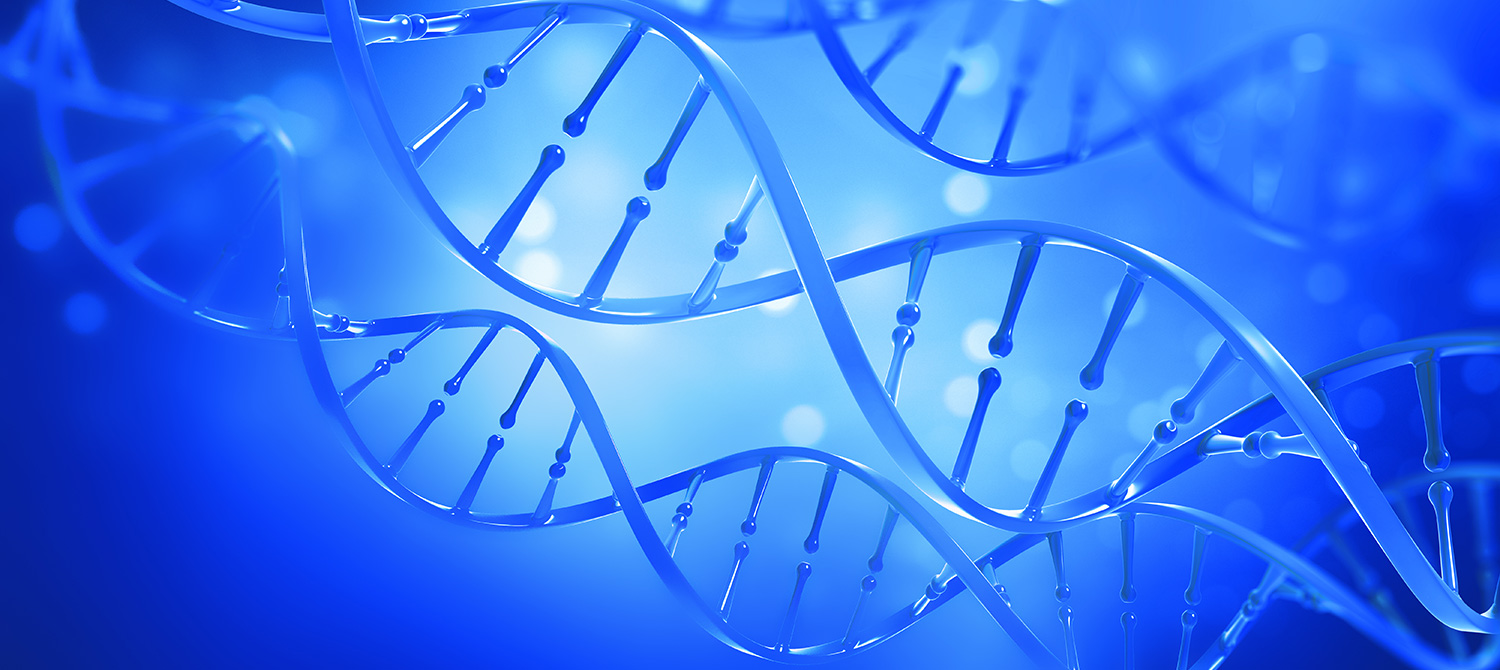Genetic testing

Genetic testing comprises a collection of tests with the aim to identify any genetic causes of male infertility, in addition to potential inherited conditions that may be passed down to the offspring during ART. These tests are performed using peripheral blood samples and once performed, their results are valid for life, since a person’s genome remains unchanged throughout their lifetime.
While modern medical technology and molecular biology have created a variety of different genetic tests that allow thorough assessment of unnumbered genetic conditions and polymorphisms, the most relevant and effective tests in the context of ART are the following:
A simple test by modern standards, but effective nonetheless, karyotyping allows for the assessment of abnormalities in the number of chromosomes in addition to a broad assessment of any large structural abnormalities (chromosome deletions, duplications, translocations etc).
Cystic Fibrosis is a genetic condition caused by inheriting two pathologic genes from both parents. In males, CF may cause structural and anatomical abnormalities in the reproductive tract, like vas deferens agenesis (absence of sperm duct). This, clinically, translates to undisturbed sperm production in the testes, which, however, is not ejaculated.
CF testing may also be performed in the context of genetic counseling, since if both partners are CF carriers (they each have one abnormal gene and are healthy), there is a 25% chance that the offspring will have the condition (will have inherited both abnormal genes). In such cases, pre-implantation genetic testing is advised. There are many mutations that may cause CF, but the most commonly recommended test assesses only one, delta F508, which accounts for 60-70% of all cases. However, in cases of elevated clinical suspicion, or when one partner has already been diagnosed as a CF carrier, a more thorough assessment with multiple mutation testing may be recommended, in order to exclude the possibility of CF with 99% certainty.
These mutations occur on the Y chromosome, the sex-specific chromosome for males, in the areas responsible for spermatogenesis. Most Y microdeletions result in azoospermia or severe oligozoospermia.
